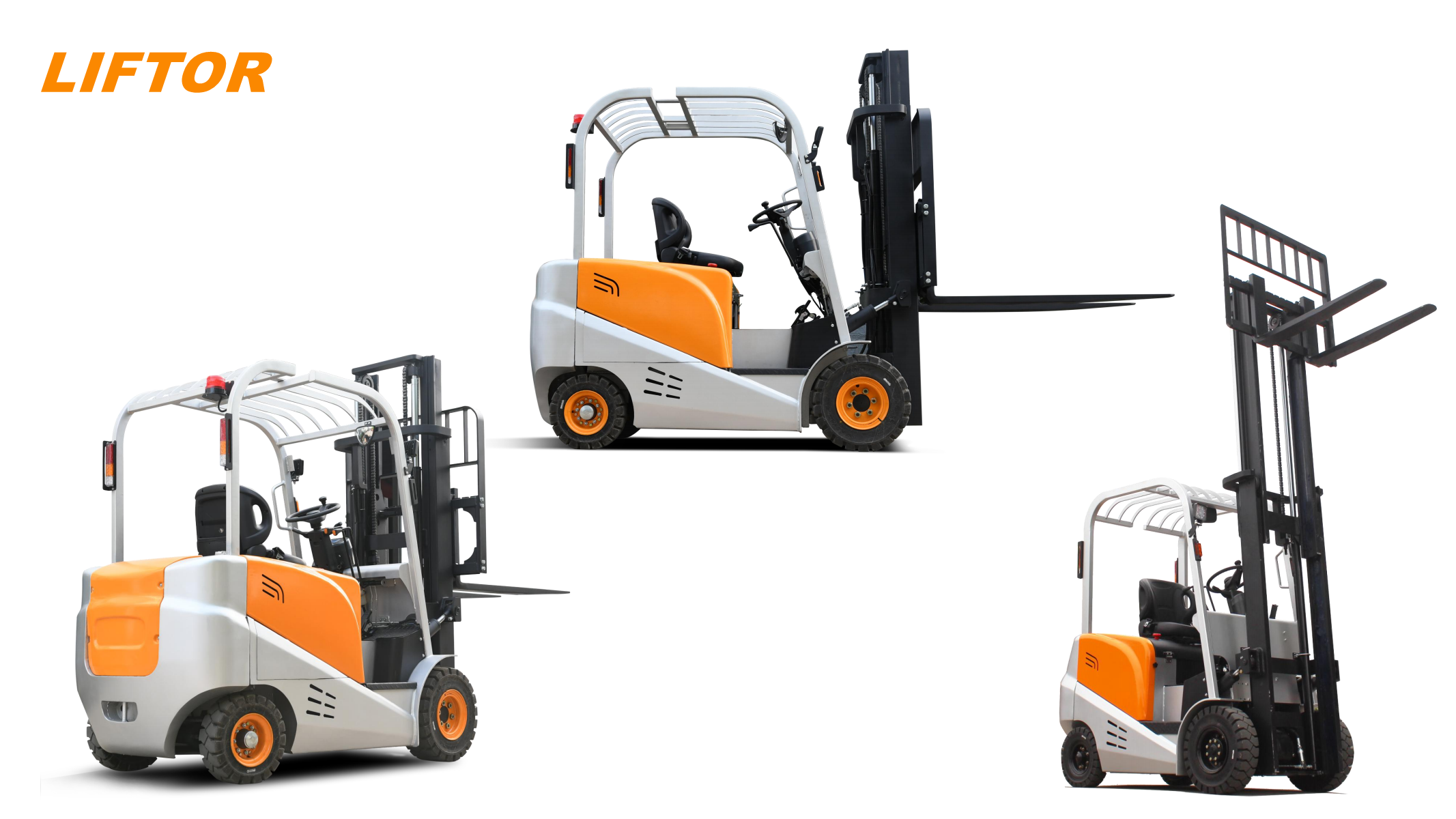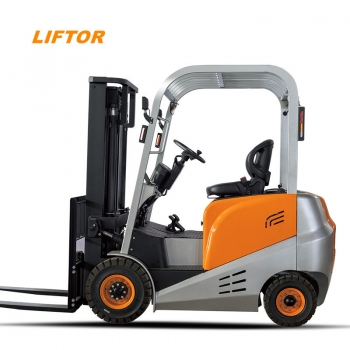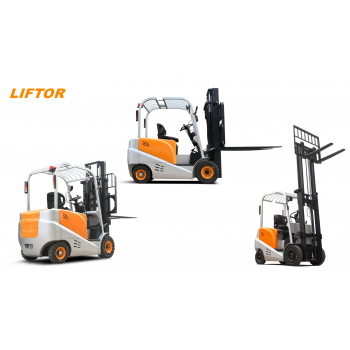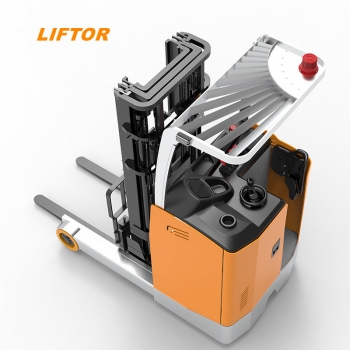
Choosing the right electric forklift for your warehouse can make all the difference between a productive environment or a sloppy one, and a well-maintained well-functioning forklift will mean quickly shifted goods and a healthier business overall. Forklifts are essential to a warehouse and will need to be checked frequently and, eventually, replaced if need be.
There are a variety of factors which are to be considered when purchasing a new forklift for your warehouse. Not everyone is aware of the differences and limitations, and some inexperienced managers won't be hesitant in thinking any forklift will do the job. Read on to find out what to keep in mind when purchasing your new forklift, as we unravel essential aspects like types of power required, load capacity, warehouse size, lift height and more.
Types of Power
Considering power for your forklift is actually quite complex, and would likely require more than just a short article. However, we will outline the basics of power and the advantages which come with different types of forklifts. An electric forklift will have a longer life span, will offer greater manoeuvrability and a relatively high cost of operation/maintenance. Electric forklifts are also considerably less noisy than their non-electric counterparts, and are ideal for small warehouse businesses. However, charging the battery can take a long time and they are not at all suited for outside usage.
Load capacity
Electric forklifts are good for most warehouse usages, such as food warehouses, books, clothes or similar products.
You can check load capacity upon buying a forklift, and this can also be double checked for on the data plate. As a general guideline, the smaller electric-powered forklifts can lift slightly over 1000kg.
It is important knowing what your warehouse consists of and what you need your forklift for. Know your materials and purchasing (or rental) should come much easier.
Warehouse Size
As briefly stated above, the size of your warehouse is crucial in choosing your forklift unit, and time spent inside or outside will also be a determining factor when making your choice. A spacious warehouse which frequently needs materials to be transported over rough terrain from quite a distance, will require an appropriate rough-terrain forklift.
Lift Height
Knowing your required lift height is logically also important, and it will affect your unit's load-carrying capacity in quite some way.
Average forklifts for everyday usage start at a lift height of 8 feet all the way up to 20 feet, but there are units which go way over that. Again, it largely will depend on the nature of your business, your warehouse size and what you intend to use the forklift for specifically.
Lastly: Rent or Buy
Renting or leasing are always strong options, and in the both cases it will mean reduced costs. Renting can be done for short or long-term, and if you run a small company this is an ideal solution. Again consider the nature of your business when taking into account these aspect



